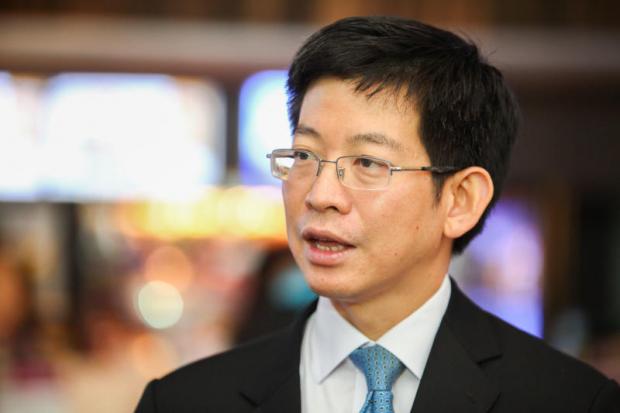
The cabinet Tuesday approved a draft bill for social enterprise promotion, aiming to prod businesses to focus more on social responsibility.
Kobsak Pootrakool, minister to the PM's Office, said the bill will allow social enterprises to enjoy corporate income tax exemption and state financial aid.
The draft bill will later be submitted for vetting by the National Legislative Assembly.
The bill requires social enterprises to allocate 70% of their profit to society or invest in social enterprise businesses, with only 30% of profit paid to shareholders as a dividend.
Firms that invest in or donate to social enterprises will also be allowed a 100% deduction on corporate income tax, financial aid for starting businesses, an interest rate subsidy and R&D support.
The draft bill requires a National Social Enterprise Office be established as a public organisation under the supervision of the Prime Minister's Office, while the government will support the annual budget and social enterprise fund, which will be raised from donations from the general public and private sector.
The national social enterprise committee will also be established to conduct a master plan to promote social enterprises and standardise them.
Mr Kobsak forecast the new law, once enacted, will help build 10,000 social enterprises nationwide. There are more than 300 social enterprises at present.
He said some 25,000 non-governmental organisations, 80,000 cooperatives and some companies could potentially be upgraded to operate as social enterprises.
In a separate development, the cabinet Tuesday approved a draft bill on using private trusts as a tool for the affluent to manage their wealth and prevent them from transferring assets abroad.
The draft will allow financial institutions, securities companies or specific juristic persons to be trustees.
According to the Civil and Commercial Code, a trust can only be established based on specific laws. For example, trusts for transactions in the capital market are supervised by the Securities and Exchange Commission.
The government has long required trusts be set up under specific laws for fear that some people might use them to deceive others, such as people who are not knowledgeable about capital markets, the source said earlier.
But people nowadays better understand capital markets, and some wealthy people have transferred their assets to private trusts overseas, including Singapore, said the source.
Wealth accumulated in Thailand and sent abroad is not creating benefits for the country, said the source, adding the wave of such outflows has only accelerated since the inheritance tax went into force several years ago. If donors don't want to pass wealth on to their heirs, they can opt to set up trusts to manage their assets.
The inheritance tax, which went into effect in 2016, requires inheritors of a legacy exceeding 100 million baht from a will to be taxed 10% of the amount exceeding 100 million, though the tax rate is halved to 5% if the beneficiaries are the donors' direct descendants.
If the person who created the will is still alive when a bequest worth over 20 million baht a year is made to heirs who have a direct blood relationship, recipients are liable for a 5% tax for the amount exceeding 20 million. For inheritors who don't have a direct blood line to the donor, they are taxed a flat 5% for a legacy worth over 10 million baht a year. Spouses are exempt from inheritance and gift taxes.
Taxable assets include real estate and securities such as bonds, shares and debentures, as well as investment units, deposits, registered vehicles and financial assets described in royal decrees.